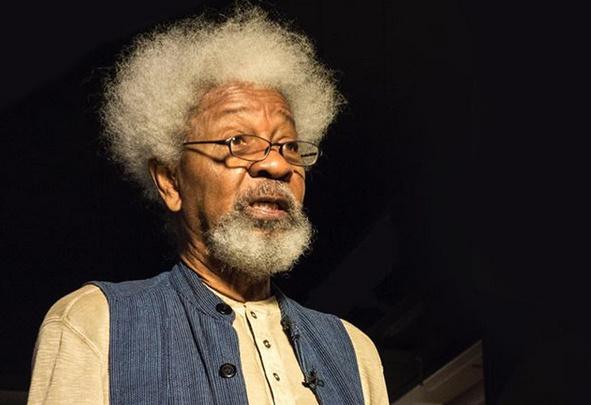Nobel Laureate Wole Soyinka is currently facing backlash for accepting a national award from President Bola Ahmed Tinubu, an honor he famously rejected from President Goodluck Jonathan’s administration. Prominent figures such as Charles Oputa, better known as Charlie Boy, have accused Soyinka of exhibiting ethnic bigotry, sparking a heated debate around his political and democratic principles.
This controversial decision has intensified discussions online, with many social media users expressing a range of opinions. Critics accuse Soyinka and others from the Yoruba ethnic group of tribalistic tendencies, while defenders argue that every individual has the right to choose which honors to accept. Some point out that Soyinka has a distinguished history of fighting for democracy, including his imprisonment during the Nigerian Civil War when he advocated for Biafra’s cause.
Supporters of Soyinka have also highlighted the significant reasons behind his past refusal to accept the award during Jonathan’s presidency. At that time, he objected to honoring General Sani Abacha posthumously, a general he held responsible for extensive human rights abuses, including the brutal suppression of pro-democracy protests linked to the controversial June 12 elections. Soyinka’s refusal was not just a personal choice; it was rooted in the deep scars left by the political struggles during Abacha’s regime, which he endured.
Read also:
- Soyinka laments human trafficking, mass kidnappings in Nigeria
- Why I cancelled engagement in Anambra school, by Soyinka
- FirstBank sponsors ‘The Noble Warrior’ play as tribute to Wole Soyinka at 90
Further complicating the discourse, some netizens have drawn parallels between this situation and the case of Chinua Achebe, who accepted an award under the administration of Alhaji Shehu Shagari, another northern leader from a different ethnic background. They argued that Achebe, despite prevailing perceptions of corruption surrounding Shagari’s government, is celebrated for his literary contributions and the honor bestowed upon him.
In defense of Soyinka, many argue that his decades-long commitment to pro-democracy activism and his personal sacrifices warrant respect, especially given his advanced age. There is a sentiment among his supporters that younger Nigerians should take up the mantle of fighting for human rights and democratic freedoms, allowing Soyinka the peaceful recognition he deserves after years of struggle.
Conversely, a netizen from the Yoruba ethnic group critiqued the Shagari administration’s corruption, insisting this should reflect on accolades accepted by writers like Achebe. This debate highlights the complex interplay of ethnicity and national identity in Nigeria, challenging the notion of unity in a diverse landscape.
As discussions unfold, Wole Soyinka’s actions continue to provoke a mix of admiration and criticism, reflecting broader issues of ethnic nationalism, political integrity, and the ongoing quest for genuine democratic values in Nigeria.






